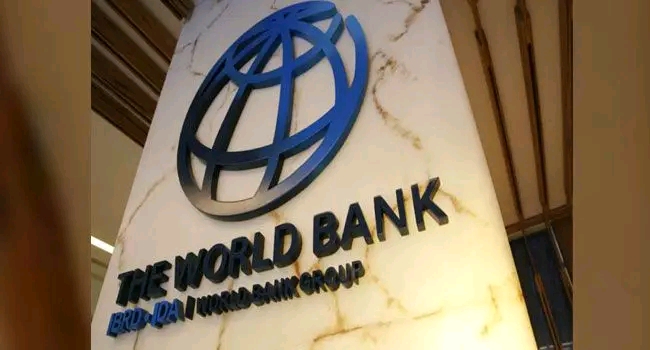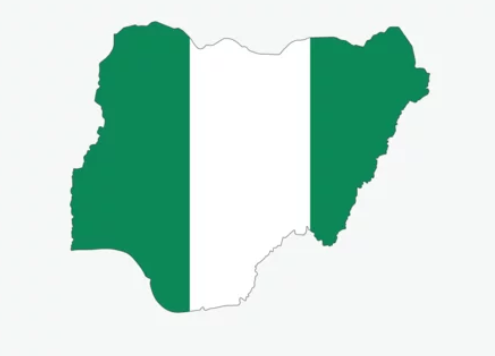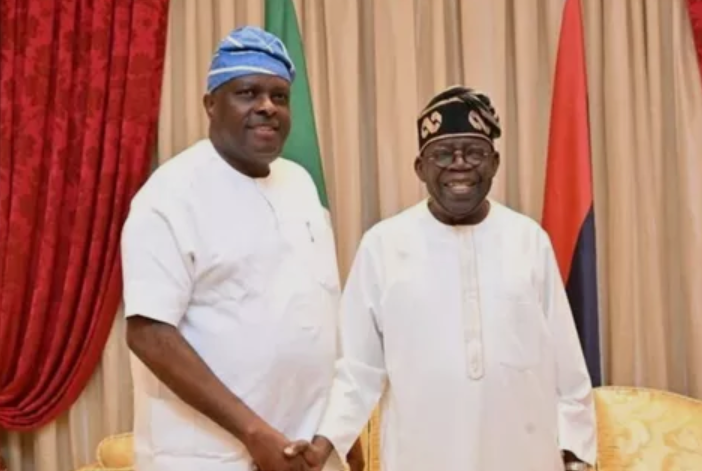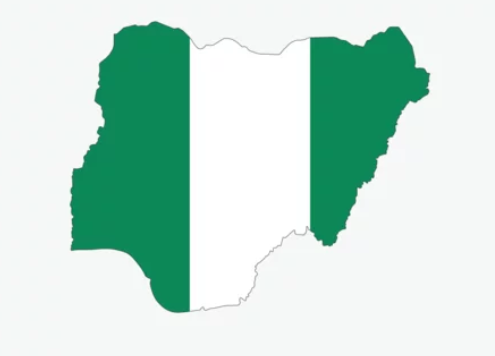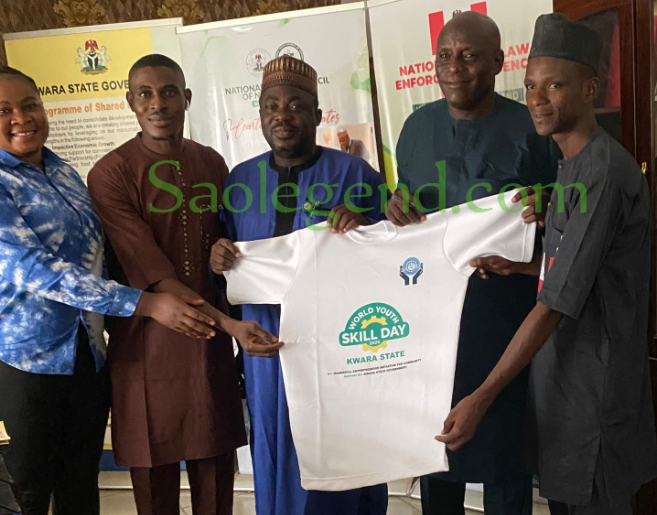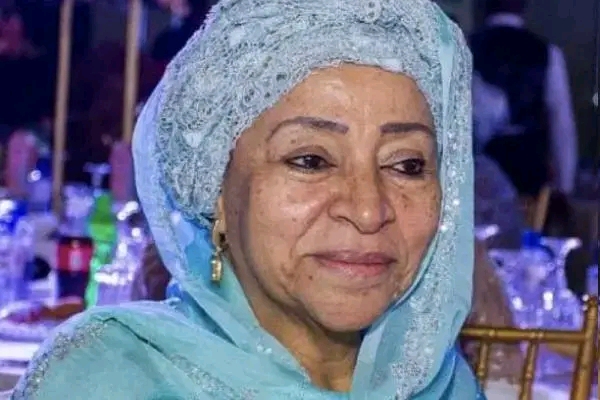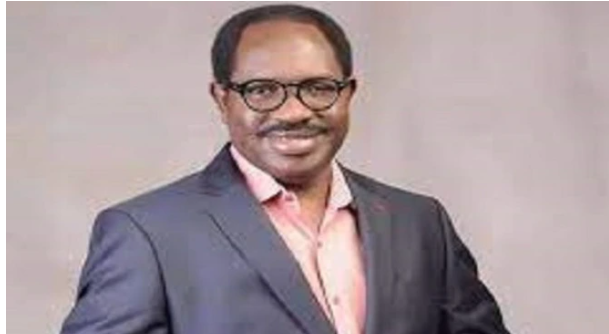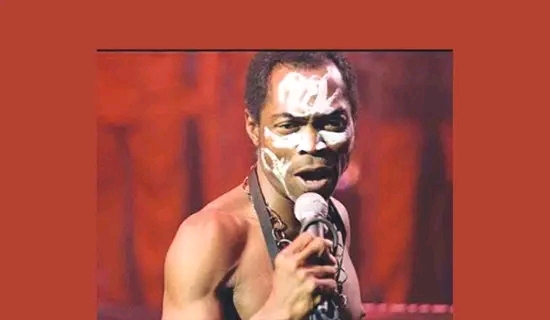
Afrobeat pioneer Fela Anikulapo-Kuti has been posthumously inducted into the 2025 Grammy Hall of Fame for his politically charged 1976 album, Zombie.
With the recognition coming nearly 30 years after his death, he becomes the first Nigerian artiste to achieve the feat.
The announcement was made by organisers of the Grammy Awards, the Recording Academy, as part of this year’s Hall of Fame inductees.
The award differs from regular Grammy categories by honouring recordings that are at least 25 years old and have “lasting qualitative or historical significance.”
In a statement announcing the 2025 selections, the Academy said Zombie was selected “for its fearless critique of oppression, cultural impact, and enduring relevance to political resistance and African musical heritage.”
Reacting to the news, Fela’s eldest son and singer, Femi Kuti, on Wednesday shared the family’s excitement on X (formerly Twitter), writing:
“Our father’s legacy lives on. We are honoured to accept this Grammy Hall of Fame award on behalf of Fela Anikulapo-Kuti.
His music continues to inspire & unite people across the world #Grammy.”
Originally released in Nigeria in 1976 under Coconut Records and later in the UK by Creole Records in 1977, Zombie is widely regarded as one of Fela’s most incendiary and impactful albums.
Featuring tracks like Zombie, Mister Follow Follow, Observation Is No Crime, and Mistake (recorded live at the Berlin Jazz Festival in 1978), the album was a satire of the Nigerian military, likening soldiers to mindless “zombies” who blindly follow orders without question.
Its massive commercial success ignited outrage within the ruling military regime, eventually provoking a violent state-backed assault on Fela’s Lagos commune, Kalakuta Republic.
Reacting to the news, Fela’s eldest son and singer, Femi Kuti, on Wednesday shared the family’s excitement on X (formerly Twitter), writing:
“Our father’s legacy lives on. We are honoured to accept this Grammy Hall of Fame award on behalf of Fela Anikulapo-Kuti.
His music continues to inspire & unite people across the world #Grammy.”
Originally released in Nigeria in 1976 under Coconut Records and later in the UK by Creole Records in 1977, Zombie is widely regarded as one of Fela’s most incendiary and impactful albums
That attack, which was widely condemned by human rights groups, deepened Fela’s reputation as a fearless musical dissenter and became a historic moment in Nigerian sociopolitical consciousness.
Fela’s induction places Zombie alongside other legendary works previously admitted into the Hall of Fame, including albums from Michael Jackson, Jay-Z, Cat Stevens, and Santana.
Music scholars and fans alike have described the Grammy recognition as a long-overdue global acknowledgment of Fela’s influence on world music and political thought.
Fela, who died in 1997, is widely credited with creating Afrobeat; a genre that fused jazz, highlife, and traditional African rhythms with searing political commentary.
His music inspired generations of activists and artists, from Seun Kuti and Burna Boy to global figures like Questlove and Beyoncé.
The Grammy Hall of Fame nod adds to a growing list of posthumous accolades for the late icon, who has already been the subject of multiple documentaries, biographies, and the Broadway musical Fela!
Born in 1938, Fela was a saxophonist, composer, and bandleader whose music consistently tackled corruption, colonialism, and authoritarianism.
Despite repeated arrests, beatings, and the destruction of his properties by successive military governments, Fela never compromised his art or message.



